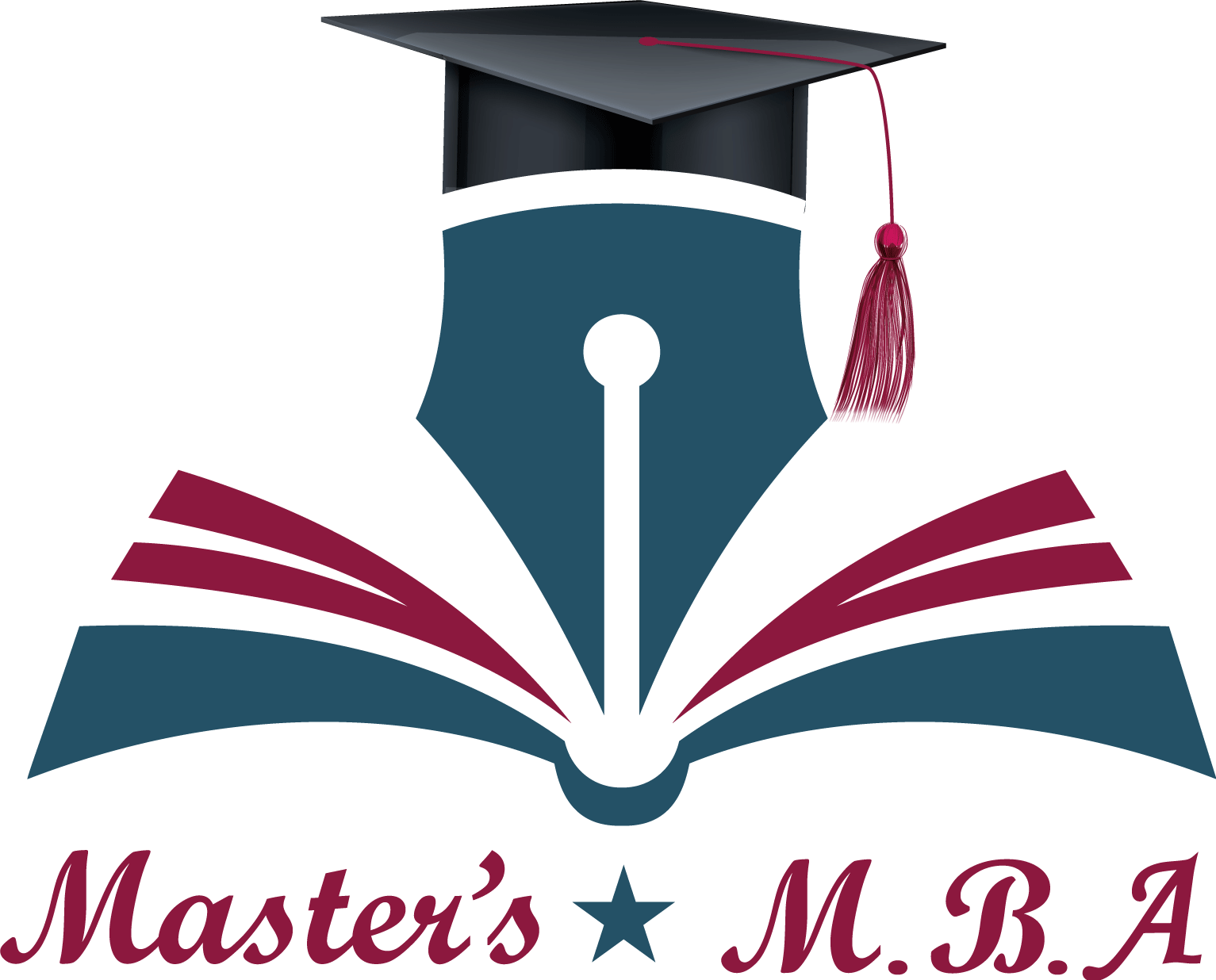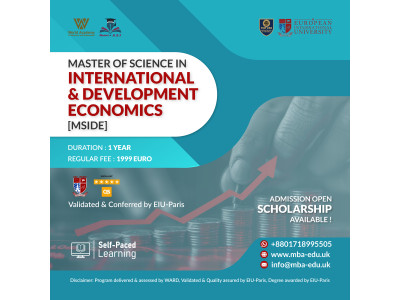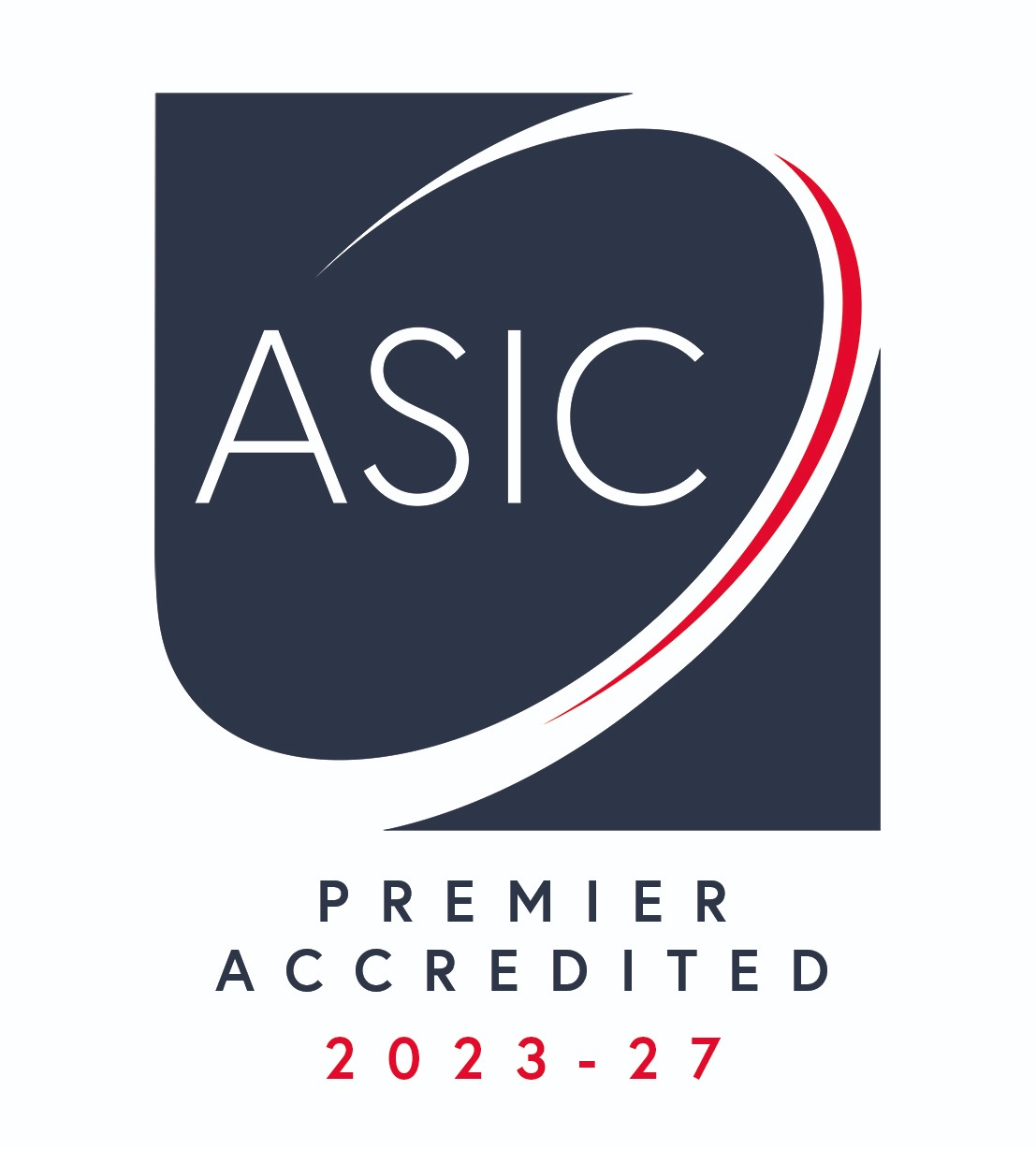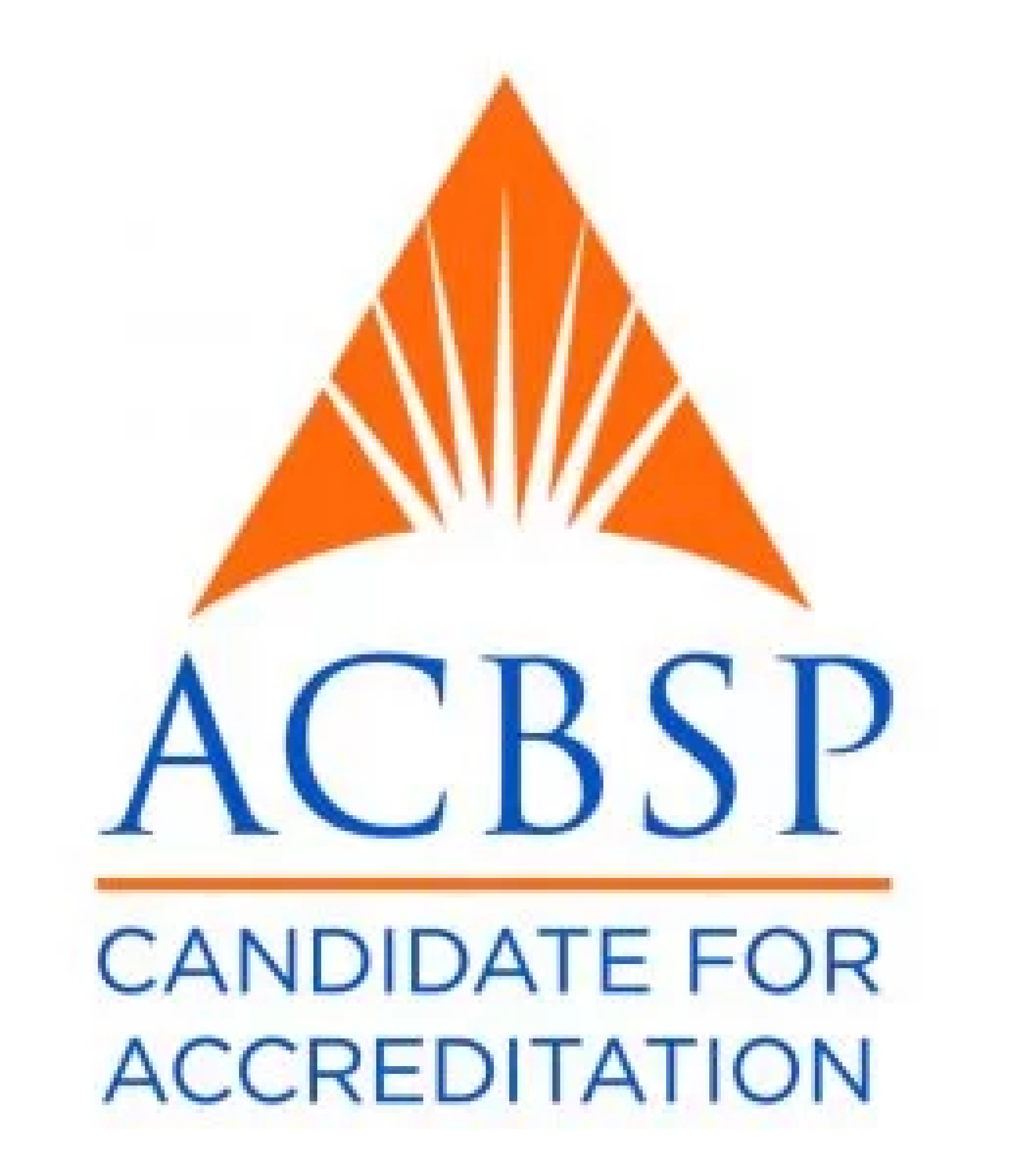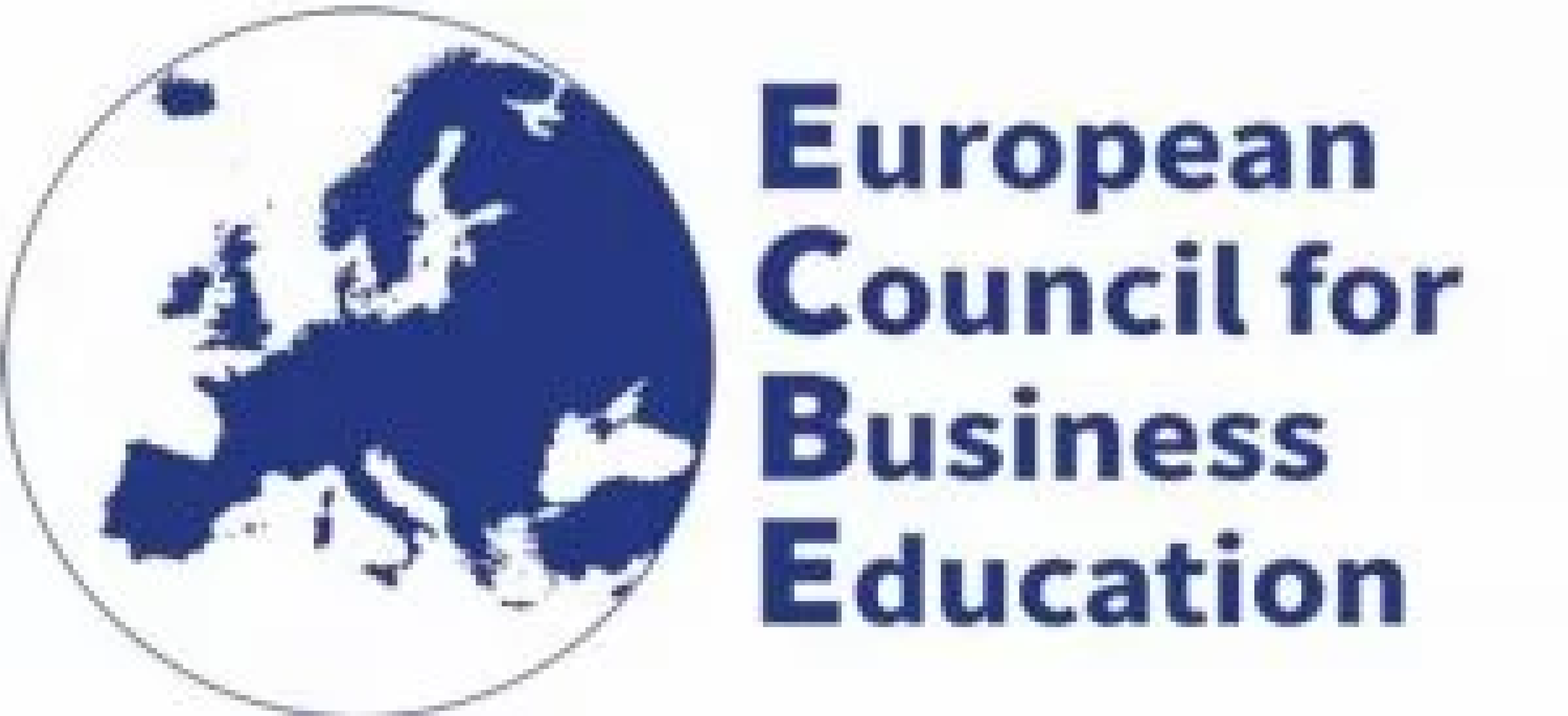M-981: Microeconomic Theory [9 ECT]
Introduction:
Microeconomic Theory explores how individuals, firms, and markets interact to allocate resources efficiently. It delves into decision-making behavior under constraints, pricing mechanisms, and market structures, providing a foundational analytical framework for applied economic policy.
Objectives:
- Understand consumer and producer behavior in various market settings.
- Analyze the impact of market structures on pricing and output.
- Apply game theory to model strategic interactions among economic agents.
- Evaluate general equilibrium outcomes and efficiency implications of resource allocation.
M-982: Macroeconomic Theory [9 ECT]
Introduction:
Macroeconomic Theory focuses on economy-wide phenomena including growth, inflation, unemployment, and fiscal-monetary policy dynamics. It equips students with tools to analyze aggregate economic performance and design stabilization policies.
Objectives:
- Examine models of long-term economic growth and development.
- Analyze business cycle fluctuations and macroeconomic stability mechanisms.
- Evaluate the role and effectiveness of fiscal and monetary policy.
- Study macroeconomic interdependencies in an open economy context.
M-983: International Trade [9 ECT]
Introduction:
This subject examines the economic principles governing international trade, including the benefits and challenges of trade liberalization, the impact on development, and evolving global trade dynamics such as services and environmental concerns.
Objectives:
- Understand classical and modern trade theories.
- Assess trade policy instruments and their welfare implications.
- Explore the links between trade, development, and environmental sustainability.
- Analyze global value chains and their role in shaping economic integration.
M-984: Development Economics [9 ECT]
Introduction:
Development Economics addresses the causes and consequences of underdevelopment, focusing on poverty, inequality, structural transformation, and policy strategies to promote inclusive growth.
Objectives:
- Evaluate theories and indicators of economic development.
- Analyze the role of human capital, agriculture, and industrialization in development.
- Examine urbanization, labor migration, and rural transformation.
- Design development planning strategies and assess policy effectiveness.
M-985: Public Economics [9 ECT]
Introduction:
Public Economics studies the role of government in the economy, covering public goods, taxation, expenditure policies, and public sector reforms. It focuses on how policy choices affect efficiency and equity.
Objectives:
- Understand the economic rationale for public intervention and public goods.
- Analyze government expenditure programs and redistribution mechanisms.
- Apply public choice theory to understand policy-making processes.
- Examine fiscal federalism and reform strategies in public service delivery.
M-986: Environmental Economics [9 ECT]
Introduction:
Environmental Economics focuses on the relationship between the economy and the environment, examining tools and policies for sustainable resource use and addressing climate change.
Objectives:
- Study economic theories relevant to environmental externalities and policy design.
- Evaluate market-based instruments and regulatory approaches for environmental protection.
- Analyze the economic impacts of climate change and mitigation strategies.
- Understand the role of natural resources in sustainable development.
M-987: Labor Economics [9 ECT]
Introduction:
Labor Economics explores labor market dynamics, including wage determination, employment trends, and government policies affecting labor mobility, discrimination, and job creation.
Objectives:
- Analyze labor supply, demand, and wage-setting mechanisms.
- Understand labor market inefficiencies and sources of discrimination.
- Evaluate the effects of labor market policies on employment and welfare.
- Study the economic drivers of labor migration and mobility.
M-988: Institutional Economics [9 ECT]
Introduction:
Institutional Economics examines how institutions—formal and informal rules—shape economic behavior and performance. It links governance, political economy, and institutional reforms to development outcomes.
Objectives:
- Understand theoretical frameworks related to institutions and economic behavior.
- Analyze how property rights, legal systems, and governance affect growth.
- Examine the role of political economy in institutional development.
- Evaluate institutional change processes and their economic implications.
M-989: Action Research Paper [18 ECT]

